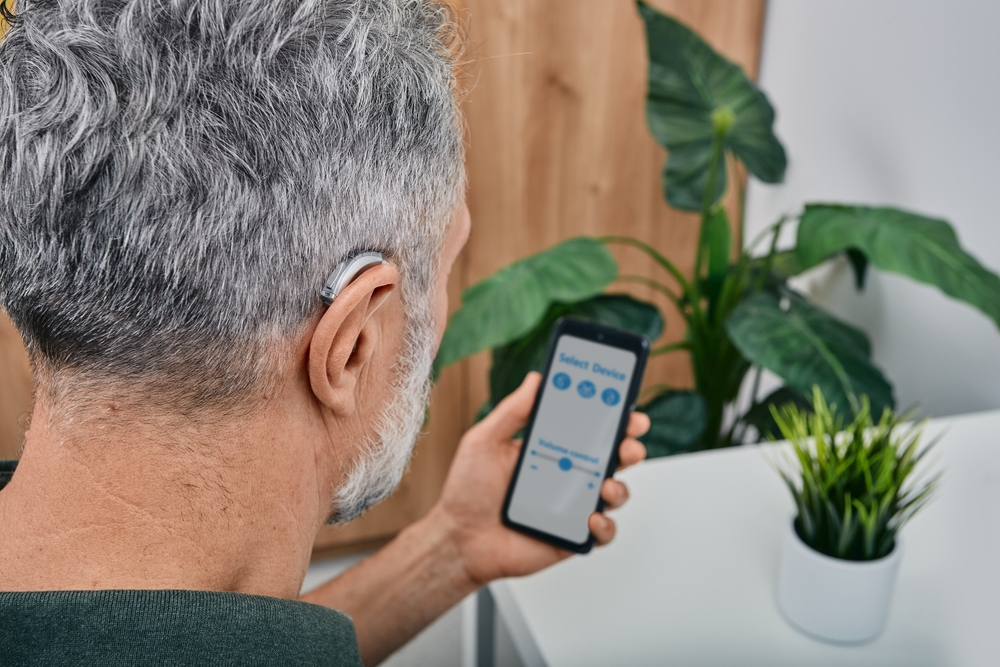
Even slight hearing loss can considerably impact everyday life, influencing relationships with friends, family members, and co-workers, as well as complicating regular activities like grocery shopping. But transformative changes can be introduced by the use of properly tuned hearing aids.
Ten reasons why you should consider hearing aids
While the primary advantage of hearing aids is obvious, improved hearing, their impact extends far beyond mere auditory enhancement. The following will comprehensively outline those benefits.
Improved relationships and communication
Clear communication is the foundation of meaningful relationships. Relationships can be strained when hearing loss causes missed communication. Hearing aids allow you to participate fully in conversations, improving your ability to interact with others and decreasing feelings of separation or disappointment.
Enhanced independence
Basic tasks like shopping or eating out can become challenging with untreated hearing loss, as barriers to communication could develop. Your ability to understand speech and hear in a variety of settings will be strengthened by hearing aids, allowing you to navigate these situations more independently. Having a greater sense of independence will help you do things that demand improved situational awareness like driving, for instance.
Possibility of earning more
Reliable communication is key when you’re dealing with professional settings. Your job efficiency and career development can be diminished by neglected hearing loss which can impact how you participate in meetings and other work-associated gatherings. You can boost your productivity, which can, in turn, result in career opportunities, by using hearing aids to stay more alert and engaged.
Discomfort from tinnitus can be decreased
Hearing loss is commonly accompanied by tinnitus symptoms or ringing in the ears. Many people find that using hearing aids helps mask tinnitus sounds, providing relief and improving overall comfort.
Mitigated cognitive decline
Some studies have uncovered a link between neglected hearing loss and cognitive decline, including dementia. By managing hearing loss with hearing aids, you might decrease the risk of cognitive impairment and maintain better overall brain health.
The ability to enjoy music
The perception of music will be less enjoyable if hearing loss is distorting your perception of it. Hearing aids replenish the fullness and depth of musical sounds by compensating for gaps in frequency, allowing you to rediscover the excitement of listening to your favorite songs.
Increased confidence
Whether you’re in a social or professional setting, being able to hear better will give you greater confidence. With increased communication abilities, you’ll feel more self-assured and competent, improving your general quality of life.
Boosted energy levels
Neglected hearing loss forces the brain to work overtime to fill in missing sound which can be mentally exhausting. Hearing aids decrease this strain, giving you mental relief and allowing you to enjoy activities without feeling continuously fatigued.
Increased safety and awareness
Awareness of one’s surroundings is crucial for safety, whether it’s crossing the street or driving a car. Environmental sounds can be restored by hearing aids, making certain that your reaction to things like alarms and approaching vehicles is safe and correct.
Setting a positive example
Choosing to wear hearing aids demonstrates a practical approach to health and well-being, setting a positive example for others facing similar difficulties. It exhibits a commitment to personal growth and improvement, inspiring those around you.
Schedule a hearing test today
Hearing aids are primarily created to help you hear better, but numerous other facets of your life can be profoundly affected too. Hearing aids are a positive step to an improved quality of life, whether that means increased independence, better cognitive health, enhanced relationships, or a combination of these.
Schedule an appointment for a hearing test today and take the initial steps to hearing better.